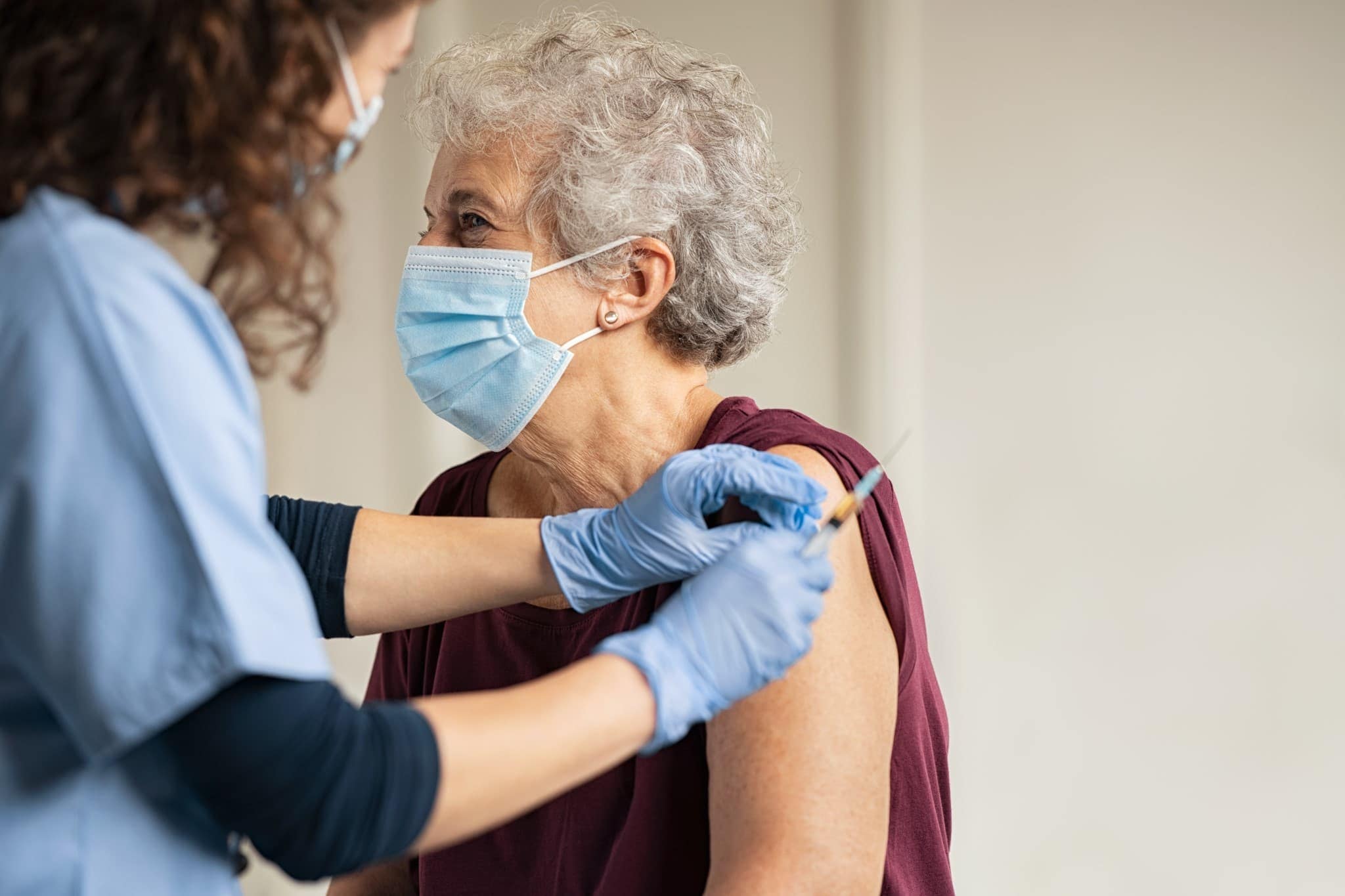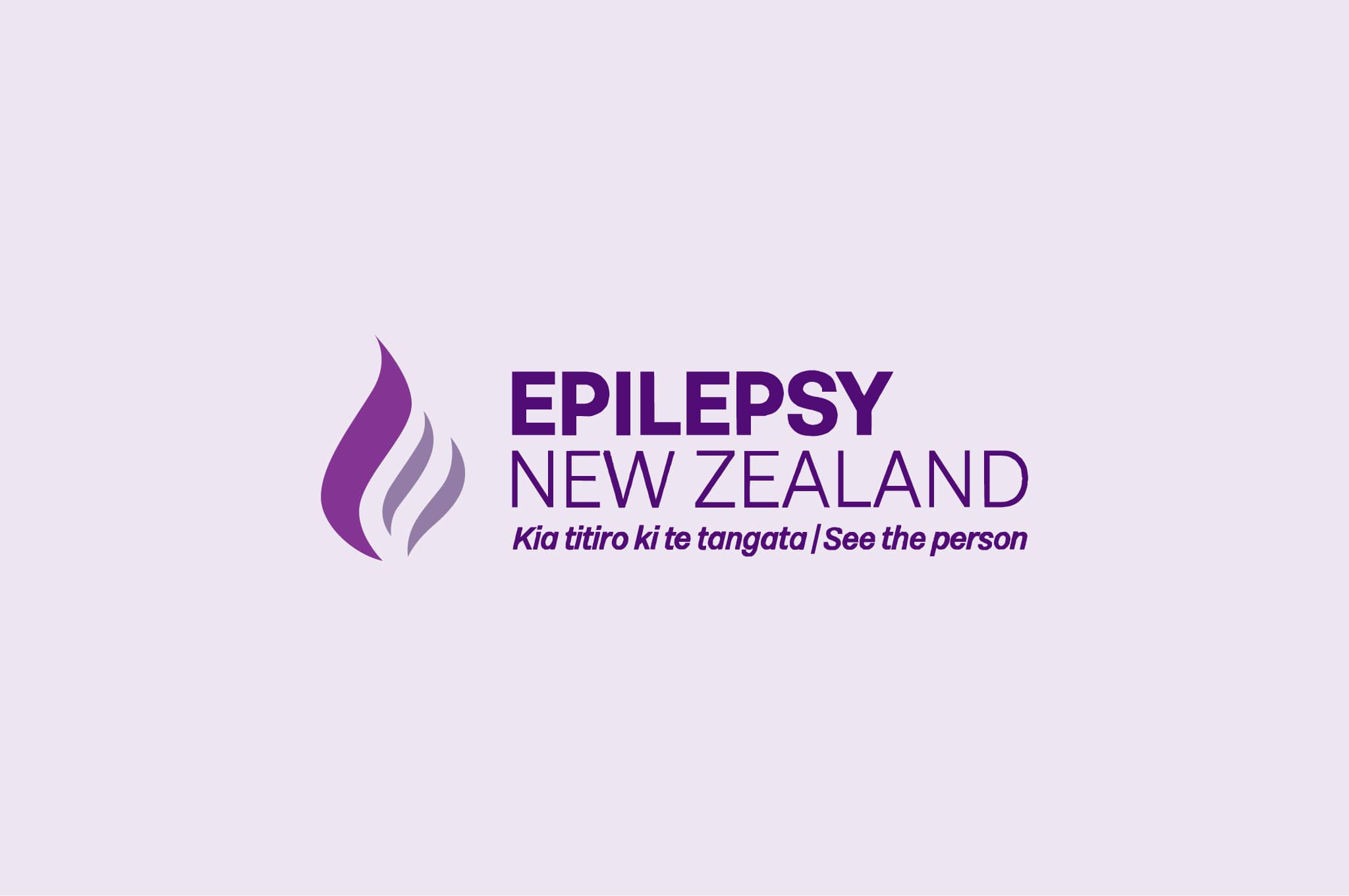
The following statement was provided by the International Bureau for Epilepsy and the International League Against Epilepsy.
Vaccines against COVID19 are currently being approved and becoming available.
There is currently no evidence to suggest that having epilepsy is specifically associated with a higher risk of side effects from a COVID-19 vaccine. For people with epilepsy, the risk of COVID-19 infection and potential complications far outweighs the risk of side effects from a COVID-19 vaccine. As with other vaccines, however, a fever can develop after a COVID-19 vaccination. This could lower the seizure threshold in some people. Antipyretics (e.g. paracetamol/acetaminophen) taken regularly for 48 hours after the vaccination (or for the duration of fever) will minimize this risk.
Before you receive a COVID-19 vaccine, make sure to let your vaccination provider know that you have epilepsy, as well as any other important medical information, such as:
• Allergies, especially an allergy to any ingredient in the vaccine
• Allergic reactions to prior vaccines (e.g. flu vaccine)
• Current or recent fever or infection
• All medications you are taking, especially medications that suppress the immune system (e.g. immunomodulatory or immunosuppressive medicines) or anticoagulants.
• If you are pregnant or nursing, or plan to become pregnant As with any vaccine, you should not receive the COVID-19 vaccine if you are allergic to any of its ingredients.
You should not receive a second dose if you had an allergic reaction to the first dose. If you already received the COVID-19 vaccine, it is important to continue wearing a mask and social distance.
The current vaccines reduce your risk of getting sick from COVID-19 by up to 90%, depending on the vaccine, but vaccinated people may still be able to spread COVID-19 to others without knowing they are carrying it.

